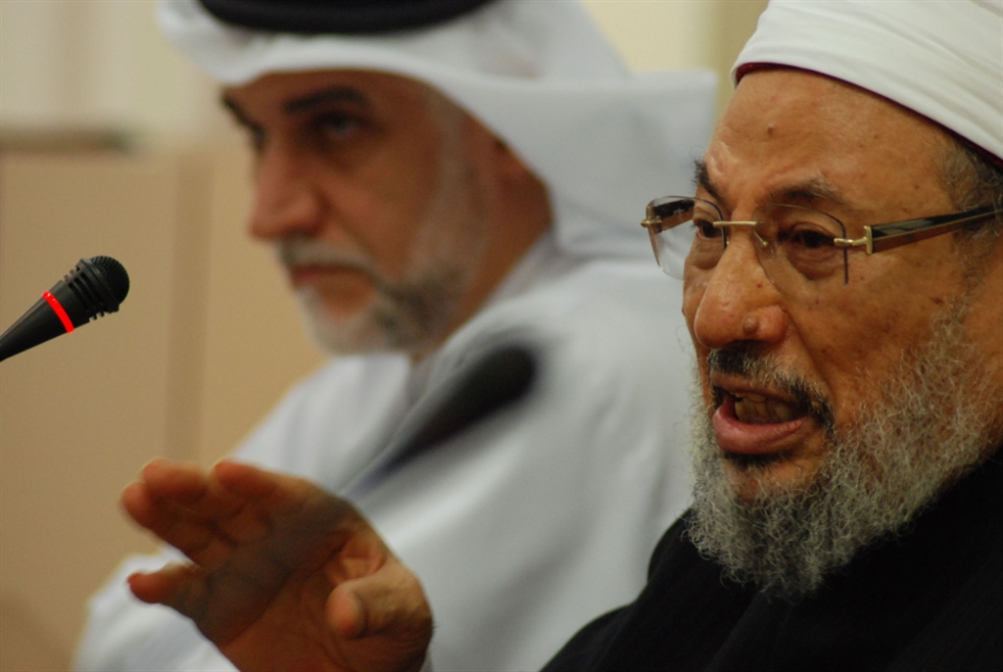About 615 people and 105 entities are featured on the “local list” that was recently published by the Anti-Money Laundering and Terrorism Financing Commission in Syria, based on Security Council Decisions 1373 and 1267. The list includes about 30 Arab and foreign nationalities, while the bases of operations for the entities—which include associations, organizations, institutions and agencies—are spread across 12 Arab and foreign countries.
As expected, the largest portion of people accused of financing terrorism are Syrian, comprising about 58.5 percent of the total people included on the list. Saudis came in second place, with 67 people, with 10.8 percent of the total. Lebanese nationals were in third place, with about 42 people, at 6.8 percent of the total. The fourth place were those with Kuwaiti nationality, with 31 people featured, comprising about 5 percent.
The list included military, political, religious and social figures, businessmen, university professors, judges, and normal citizens. The Kuwaiti figures included on the list included Justice Minister Shafi al-Ajmi and Ambassador Abdel Aziz al-Sabeea, as well as about nine MPs. The Saudis mostly came from three professions: Religious preaching, businessmen, and university professors.
The names on the list included Lebanese political leaders and well-known businessmen, as well as MPs known for calling for the “downfall of the regime” in Syria. The lists included Saad al-Hariri, Walid Jumblatt, Samir Geagea, Khalid al-Daher, Okab Sakr, Sheikh Dae al-Islam al-Shahal, Bilal Daqmaq and others.
The same went for Turkish figures, led by President Recep Tayyip Erdogan and the former Prime Minister Ahmet Davutoglu, and the Sheikh Nureddin Yildiz and Sheikh Murad Basha.
Iraqi figures included Masrour Masoud al-Barzani and al-Sheikh Hareth Suleiman al-Dari. Egyptians include Sheikh Youssef al-Qardawi and Sheikh Mohamed Abdu Ibrahim Ali. The list went on to include figures from Asia, Africa and Europe who are connected to Syrian figures, including people known by virtue of their professions and their names becoming prominent in the ranks of the opposition during the war, such as the artist Abdel Hakim al-Qutaifan and a businessman who has lived for years in Dubai, Walid al-Zouabi, and others. There were others who were not well known but the Syrian government accused of funding and backing terrorism.
The Security Council Resolutions 1267 and 1373 aimed to take the necessary measures to end the financing of terrorism.
This article was translated and edited by The Syrian Observer. Responsibility for the information and views set out in this article lies entirely with the author.


